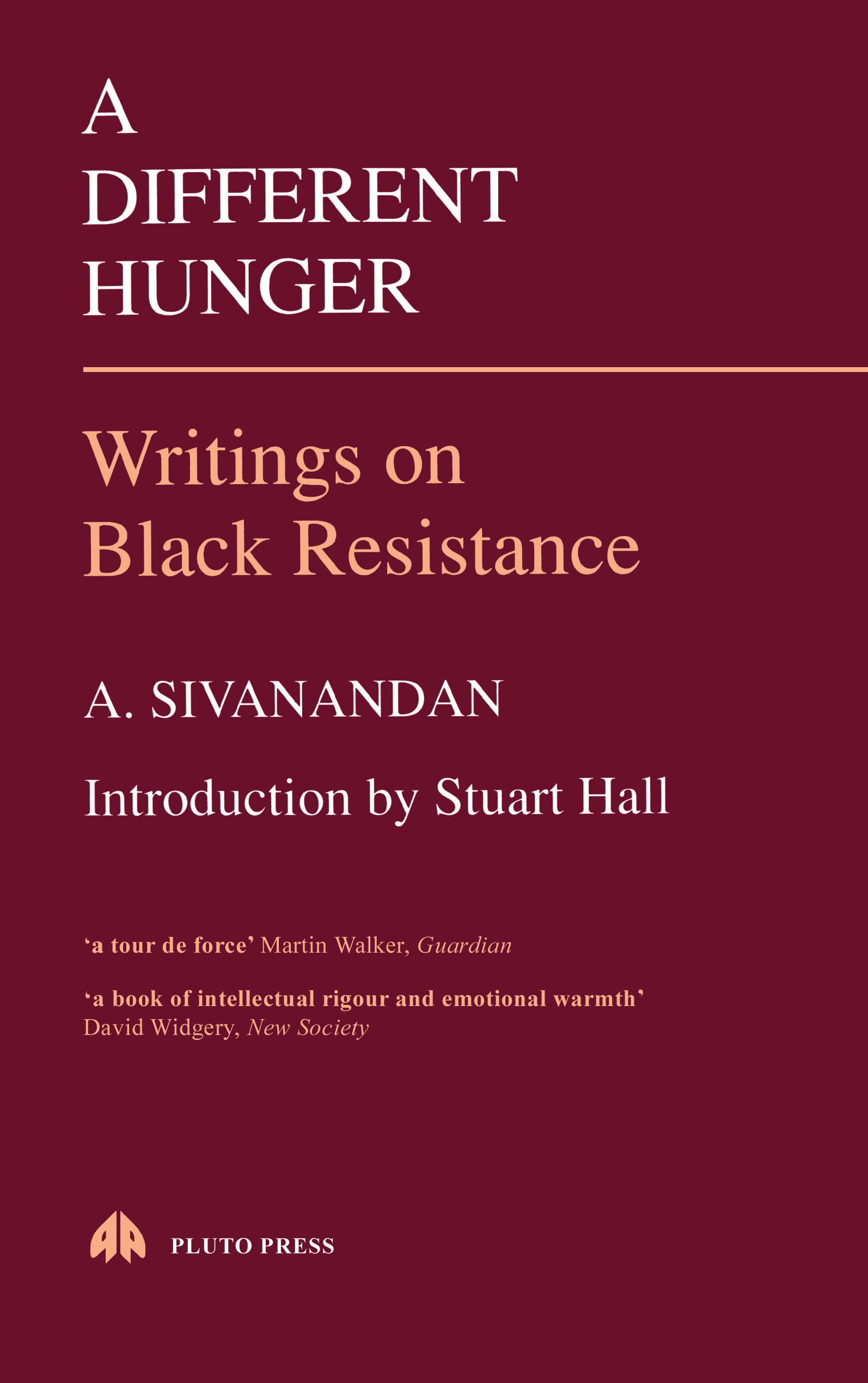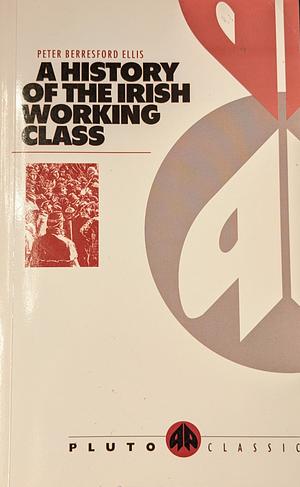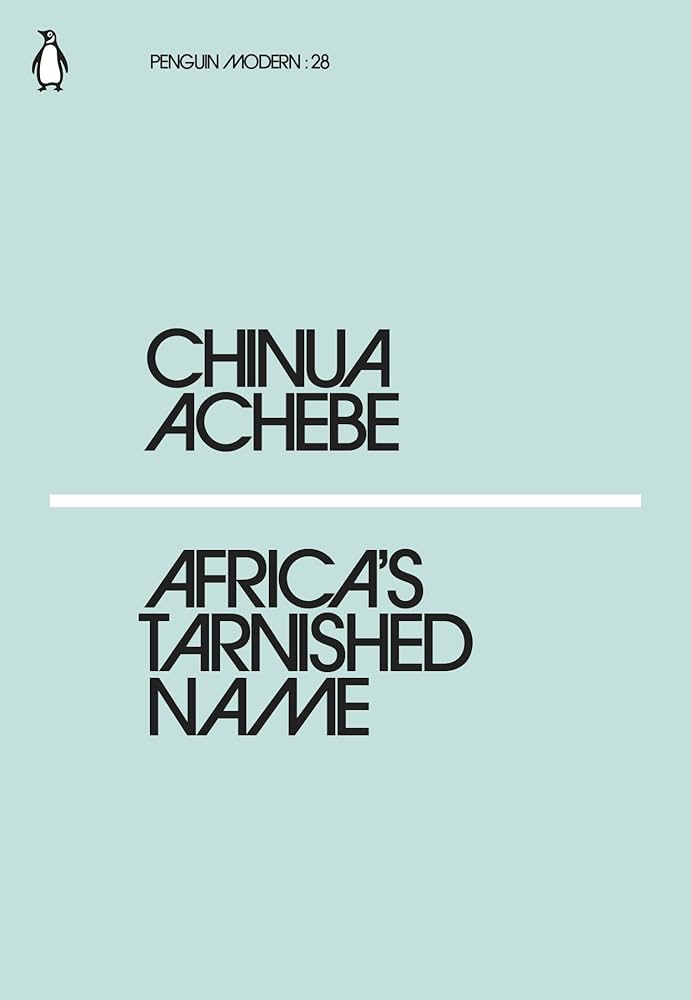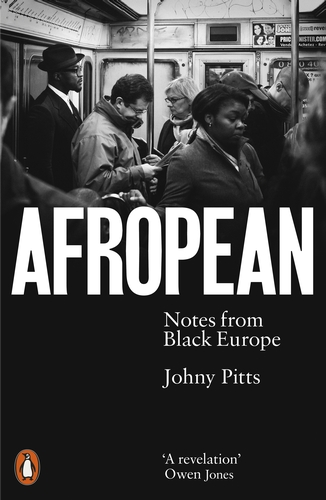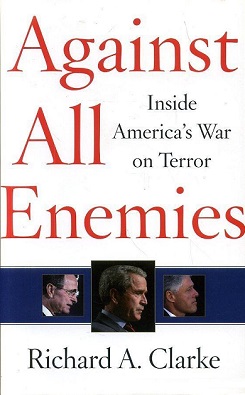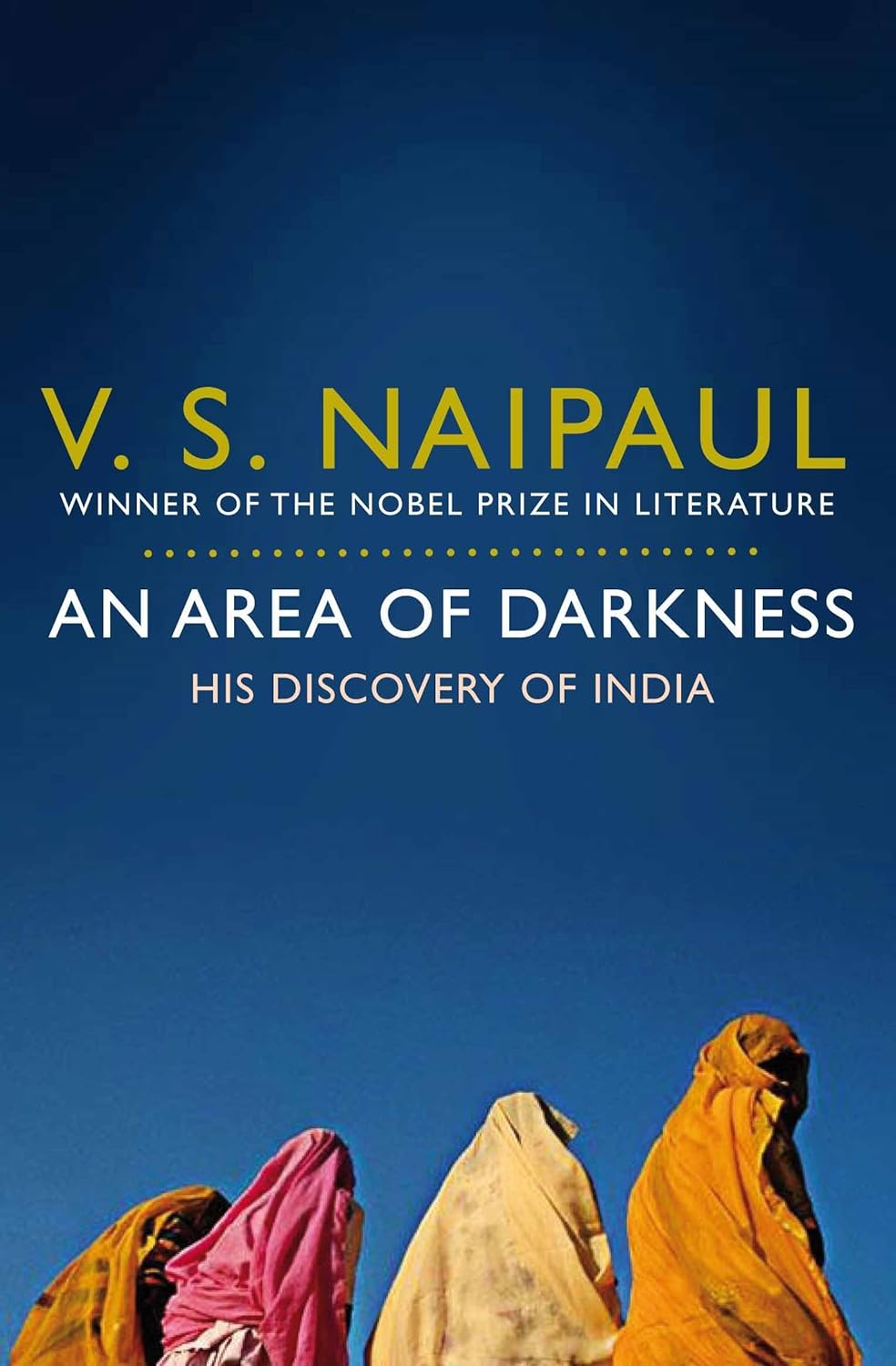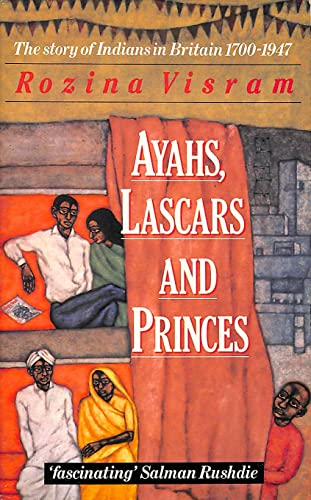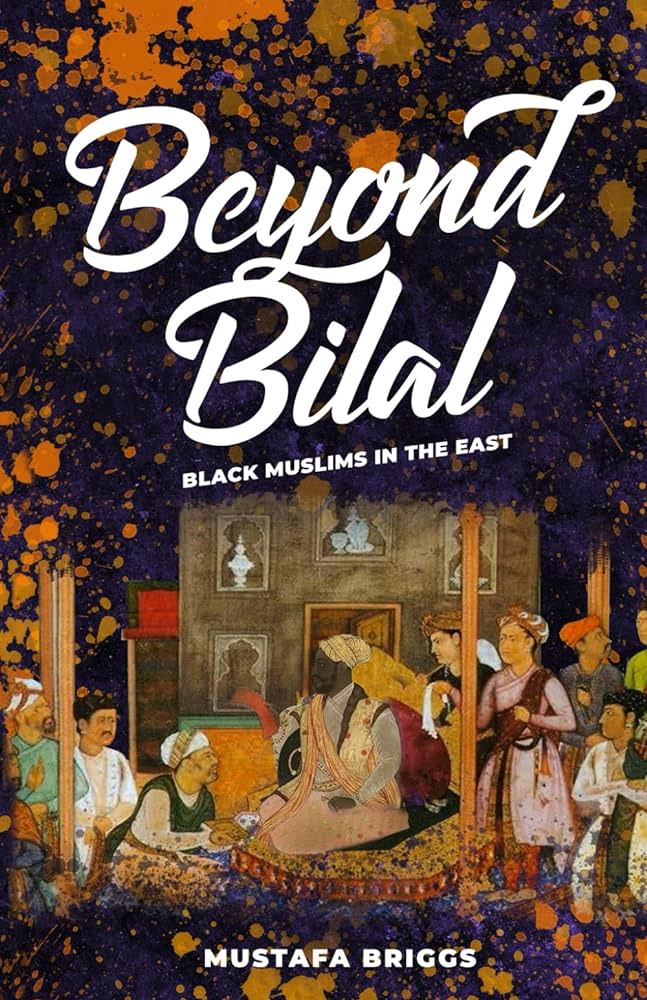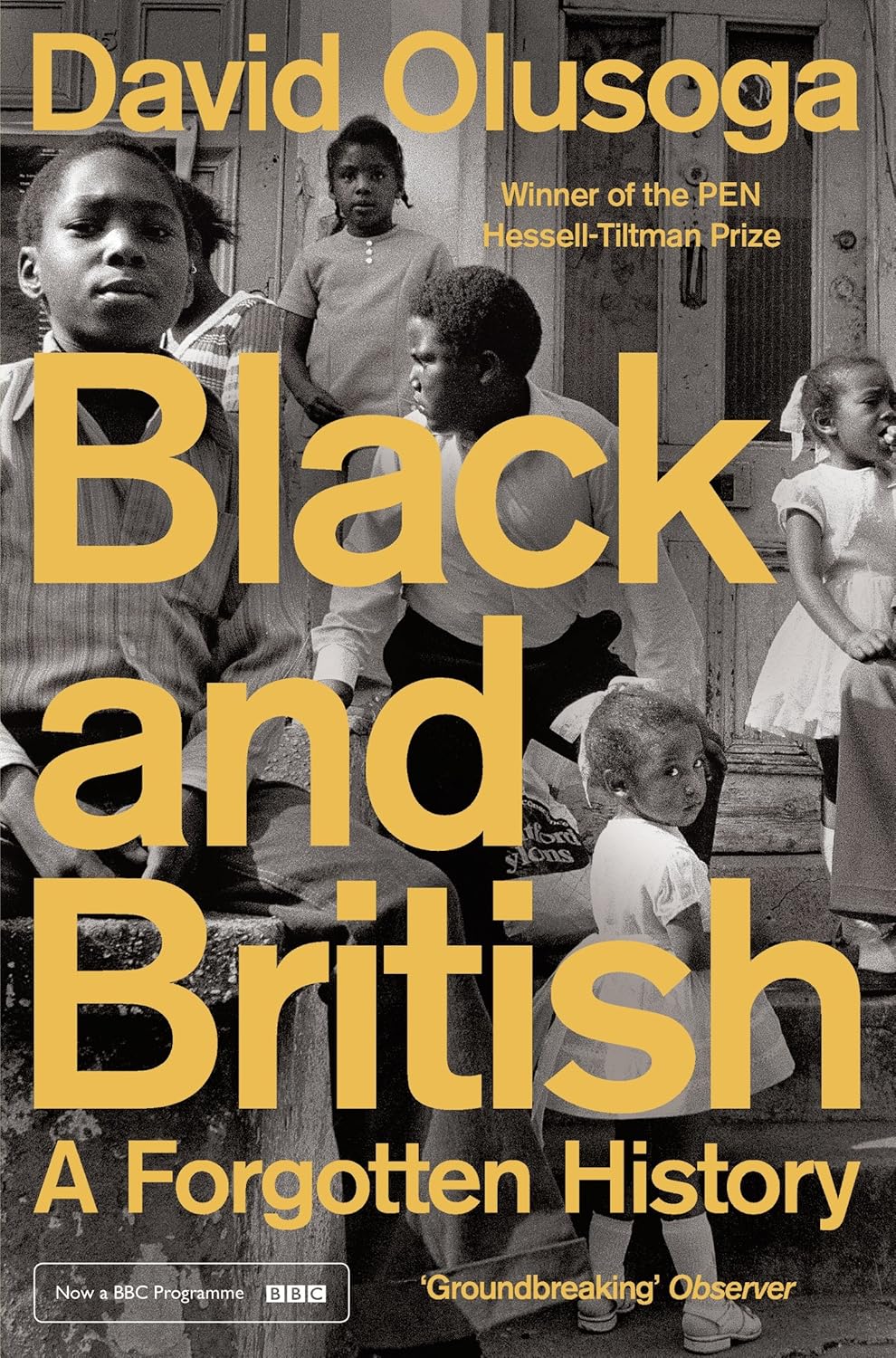This collection of A. Sivanandan’s writings looks at the history of black struggles against British racism from the 1940s to the uprisings of Brixton and Toxteth in the 1980s.
This modern classic of Irish history is an accomplished and readable synthesis. Subjects covered include the early 'communism' of the Celtic clans ; the role of the Church; the Irish aristocracy and their handover to Henry II; Wolfe Tone’s rising and O’Connell’s betrayal.
Electrifying essays on the history, complexity, diversity of a continent, from the father of modern African literature. Penguin Modern: fifty new books celebrating the pioneering spirit of the iconic Penguin Modern Classics series, with each one offering a concentrated hit of its contemporary, international flavour. Here are authors ranging from Kathy Acker to James Baldwin, Truman Capote to Stanislaw Lem and George Orwell to Shirley Jackson; essays radical and inspiring; poems moving and disturbing; stories surreal and fabulous; taking us from the deep South to modern Japan, New York's underground scene to the farthest reaches of outer space.
Three leading Africa scholars investigate the social forces driving the democratic transformation of postcolonial states across southern Africa. Extensive research and interviews with civil society organizers in Zimbabwe, South Africa, Zambia, Malawi, Namibia, and Swaziland inform this analysis of the challenges faced by non-governmental organizations in relating both to the attendant inequality of globalization and to grassroots struggles for social justice.
Afropean is an on-the-ground documentary of areas where Europeans of African descent are juggling their multiple allegiances and forging new identities. Here is an alternative map of the continent, taking the reader to places like Cova Da Moura, the Cape Verdean shantytown on the outskirts of Lisbon with its own underground economy, and Rinkeby, the area of Stockholm that is eighty per cent Muslim. Johny Pitts visits the former Patrice Lumumba University in Moscow, where West African students are still making the most of Cold War ties with the USSR, and Clichy Sous Bois in Paris, which gave birth to the 2005 riots, all the while presenting Afropeans as lead actors in their own story.
THE EXPLOSIVE INTERNATIONAL BESTSELLER
With all-new excerpts from Richard Clarke's dramatic public testimony, and revealing corroboration from The 9/11 Commission Report
From the 9/11 Commission Report:
"On the day of the meeting [September 4, 2001], Clarke sent Rice an impassioned personal note. He criticized U.S. counterterrorism efforts past and present. The 'real question' before the principals, he wrote, was 'are we serious about dealing with the al Qida threat?...Is al Qida a big deal?...Decision makers should imagine themselves on a future day when the CSG has not succeeded in stopping al Qida attacks and hundreds of Americans lay dead in several countries, including the US,' Clarke wrote. 'What would those decision makers wish that they had done earlier? That future day could happen at any time.'"
The first book in V. S. Naipaul’s acclaimed Indian trilogy – with a preface by the author.
An Area of Darkness is V. S. Naipaul’s semi-autobiographical account – at once painful and hilarious, but always thoughtful and considered – of his first visit to India, the land of his forebears. He was twenty-nine years old; he stayed for a year. From the moment of his inauspicious arrival in Prohibition-dry Bombay, bearing whisky and cheap brandy, he experienced a cultural estrangement from the subcontinent. It became for him a land of myths, an area of darkness closing up behind him as he travelled . . .
The experience was not a pleasant one, but the pain the author suffered was creative rather than numbing, and engendered a masterful work of literature that provides a revelation both of India and of himself: a displaced person who paradoxically possesses a stronger sense of place than almost anyone.
‘His narrative skill is spectacular. One returns with pleasure to the slow hand-in-hand revelations of both India and himself’ – The Times
Ayahs, Lascars and Princes: The Story of Indians in Britain 1700-1947 by Rozina Visram is a pioneering history book that explores the lives of ordinary people from the Indian subcontinent who came to Britain during the British colonial period. It was one of the first accounts to focus on these under-documented communities.
'[A] comprehensive and important history of black Britain . . . Written with a wonderful clarity of style and with great force and passion.' Kwasi Kwarteng, Sunday Times
In this vital re-examination of a shared history, historian and broadcaster David Olusoga tells the rich and revealing story of the long relationship between the British Isles and the people of Africa and the Caribbean.
Drawing on new genealogical research, original records, and expert testimony, Black and Britishreaches back to Roman Britain, the medieval imagination, Elizabethan ‘blackamoors’ and the global slave-trading empire. It shows that the great industrial boom of the nineteenth century was built on American slavery, and that black Britons fought at Trafalgar and in the trenches of both World Wars. Black British history is woven into the cultural and economic histories of the nation. It is not a singular history, but one that belongs to us all.
Unflinching, confronting taboos and revealing hitherto unknown scandals, Olusoga describes how the lives of black and white Britons have been entwined for centuries.
Winner of the 2017 PEN Hessell-Tiltman Prize.
Winner of the Longman History Today Trustees' Award.
A Waterstones.com History Book of the Year.

